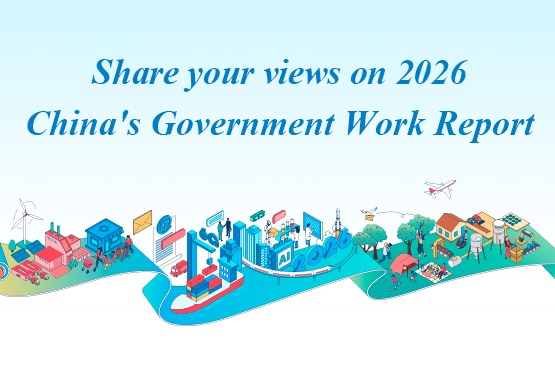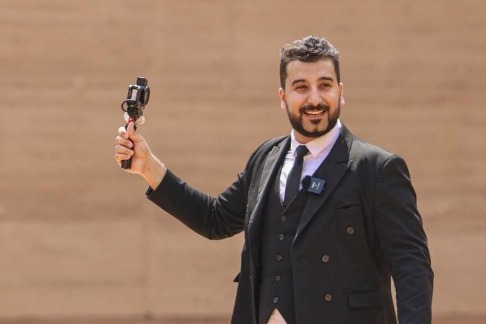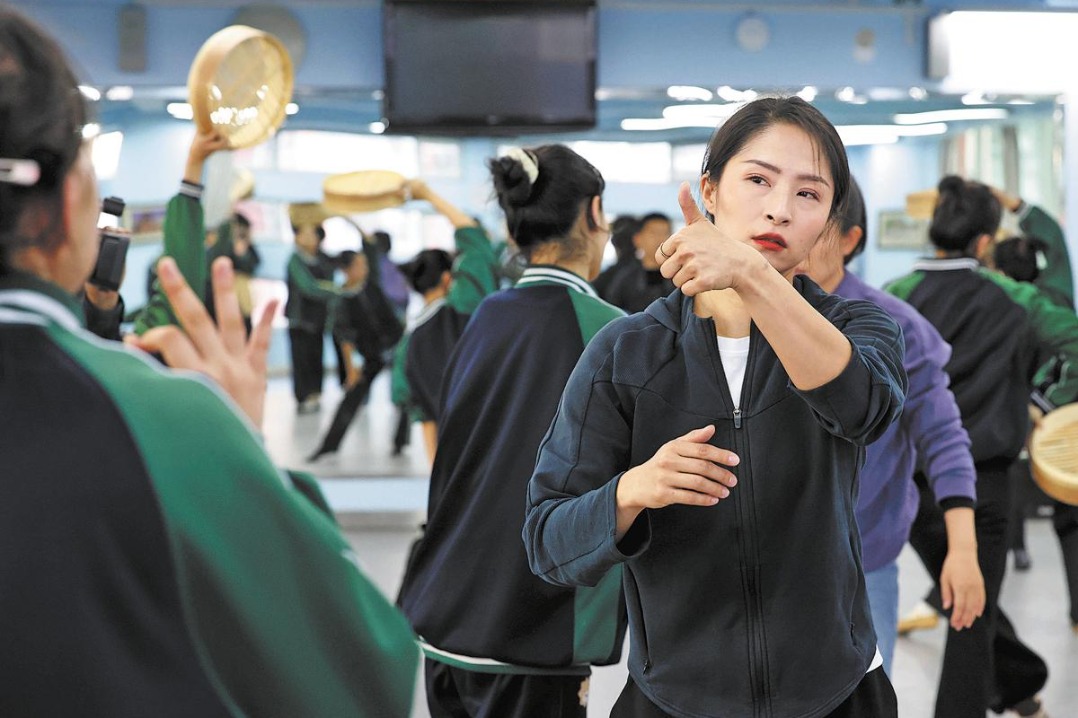'35-plus' violates the spirit of HK Basic Law


Organizers of the Hong Kong opposition political project known as"35-plus" have stated that their immediate aim is to gain a majority in the Legislative Council election (35 seats or more), and then vote down the Hong Kong Special Administrative Region's budget twice, if possible, to force the resignation of the chief executive under Articles 51 and 52(3) of the Basic Law.
The ultimate aim is to force the HKSAR government, under an expected new chief executive, and Beijing to accept the opposition's stipulations for "true democracy" reform-or face a "burn together" option.
This project is grounded in the "five demands" campaign arising from Hong Kong's horrific months of political violence, which began in June last year.
It is argued that this political strategy is compliant with the Basic Law because these Basic Law articles allow the core of this strategy to be adopted and applied.
A question that is rarely asked, however, is this: What is the purpose of these articles in the Basic Law? Were these articles put in the Basic Law, among other things, to allow the application of a brazen plan to stop all government funding, so as to paralyze normal governance, in order to compel political change through legalized, financial intimidation?
Professor Yash Ghai discusses these Basic Law articles in his seminal book, Hong Kong's New Constitutional Order. In Chapter 7, he envisages possible disputes between the Legislative Council and the HKSAR government over taxation rates or certain public expenditures, which could give rise to resorting to these Basic Law provisions.
Nowhere in his review of these articles does he foresee that they might be used as a very powerful, indirect means of forcing policy changes unrelated to the budget.
Last year, the Legislative Council was rendered inoperable due to massive vandalism for about three months starting on July 1. Then, once it reopened, it was brought close to a functional standstill for many more months as a result of opposition procedural manipulation.
Building on this grim track record, it is now proposed that, if an opposition majority can be secured in the coming election, the Legislative Council majority can be used (according to Benny Tai Yiu-ting, an associate professor of law at the University of Hong Kong who has done the most to devise the 35-plus project) as "the most lethal constitutional weapon".
In 1975, in Australia, a similar funding blockage was used to force the sacking of then Prime Minister Gough Whitlam, when the Parliament's upper house, the Senate, refused to pass the budget of the government led by Whitlam.
As the BBC recently noted, this was seen by a range of commentators in Australia as a "constitutional coup" because a constitutionally improper means was used to compel a profound political change.
The organizers of the 35-plus project insist that what is planned is permitted within the letter of the Basic Law. However, they do not argue that this action is in keeping with the spirit of the Basic Law, because it is not.
What is being proposed is an exercise of powers created by the relevant provisions that will exploit those powers so they can be used well beyond the framework of their recognized normal purpose.
Consider a more day-to-day example: If safety officers are authorized to issue notices demanding that unsafe outside advertising signs be dismantled, that is the purpose of such a power. If a safety officer issues dismantling demands-claiming to be using authorized power-because the officer doesn't like the product advertised, this is not within that purpose.
Although there is an argument that the proposed reckless misapplication of these provisions is within the letter of the Basic Law, using them in this way could acutely undermine the institutional integrity of the Legislative Council. At the same time, the elementary constitutional order of the HKSAR would be jeopardized.
There is already discussion about the legitimacy of the "primary election" aspect of the project under the Elections (Corrupt and Illegal Conduct) Ordinance.
Potentially more significant is the fact that the aims of the 35-plus project raise the prospect of the Standing Committee of the National People's Congress considering, under Article 158(the interpretation provision) whether Basic Law provisions governing the operation of the Legislative Council can be used in ways that may significantly undermine the proper operation of that key component of Hong Kong's constitutional system.
Next, there is the possibility of a separate or parallel interpretation under Article 65 of the new National Security Law for Hong Kong to establish what, if any, breaches of that law might arise if this project to turn the Legislative Council into a lethal constitutional weapon were to be implemented.
The supporters of the 35-plus project have firmly relied on a shrewd literal reading of the relevant Basic Law provisions. In this way, addressing the pivotal question of purpose has been avoided. They can scarcely be surprised, however, if those opposed to this dangerous project also seek to rely on powerful legal arguments in response.
The author is a visiting professor on the faculty of law at University of Hong Kong.
- Fire in a residential building claims 12 lives in Guangdong
- International experts share innovative poverty solutions
- Guangdong to launch campaign to identify and rectify major fire hazards
- Vocational school dismisses official over voting scandal
- China sees steady growth in railway sector in 2025
- Chinese architect confirms economic feasibility of integrating tradition and modernity




































